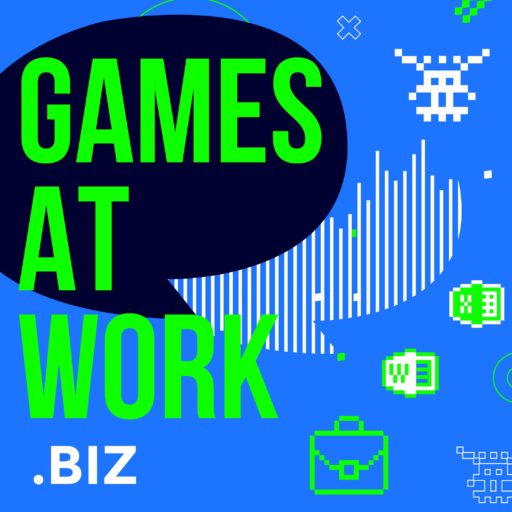
Published 17 November 2025
e533 with Andy, Michael and Michael – rings to chart the heavens and control your home, repurposing smart TVs, retro La Machine and Vectrex hardware made newly available, new Valve Steam hardware and a whole lot more.
Andy, Michael and Michael start things off with a 400 year old ring that unfolds into an astronomy tool. Check out this amazing technology in the show notes below. If you want to have such a ring of your own, the design team from Black Adept have them available for sale! Sticking with the theme, the next powerful ring follows the Tron Master Control Disk concept. This interesting design expression reminded Michael M of the Mini circular dashboard display.
Next up is a great way to repurpose an old TV. The team explores an article with instructions for making a smart mirror using two way glass and a Raspberry Pi. You may want to ensure that the TV has the automatic content recognition features turned off. Andy remarks on the continuing evolution over the years of the Magic Mirror software that enables this to work. After talking about the bright idea of using the circuity of a smart lightbulb to serve as a Minecraft server, the cohosts look La Machine.
Then the team takes a look at the recent announcements from Valve. New Steam hardware has captured their imagination. The Steam Machine, Steam Frame and a new Steam controller provides great excitement for the platform. Wrapping up the episode, Michael R takes a look at the World of Warcraft new in game currency used for building houses. The blog post announcing this from Blizzard has 2,817 replies when these show notes were written!
What legacy hardware would you most like to have again? Have your bots 🤖 drop our bots 🤖 a line at @gamesatwork_biz (our home for now) and let us know!
These show notes were lovingly hand crafted by a real human, and not by a bot. All rights reserved. That’s our story and we’re sticking to it.
Selected Links
Maker
A 400-Year-Old Ring that Unfolds to Track the Movements of the Heavens
https://www.openculture.com/2025/11/a-400-year-old-ring-that-unfolds-to-track-movements-of-the-heavens.html
Open Culture article: A 400-Year-Old Ring that Unfolds to Track the Movements of the Heavens
hackster.io article: Welcome to the Grid
IMDb post: Tron movies and tv shows

Boy Genius Report article: You Can Use Your Old TV As A Smart Mirror – Here’s How
Games at Work e479: Listen Up Outlaws! for smart tv automatic content recognition
Tom’s Hardware article: Hardware hacker installs Minecraft server on a cheap smart lightbulb — single 192 MHz RISC-V core with 276KB of RAM, enough to run tiny 90K byte world
Gaming Hardware (and Software)
Games Industry article: Valve announces 3 new Steam hardware devices: Steam Machine, VR headset Steam Frame, and a new Steam controller
PC Gamer article: Valve announces the Steam Frame: ‘a new way to play your entire Steam library’
Eurogamer article: How did Valve design its new Steam Machine? It started with the fan, of course
Kickstarter: Vectrex Mini
The Verge article: World of Warcraft is getting a new kind of fake money
Blizzard blog post: Developer Insight: Hearthsteel Virtual Currency and Housing in Midnight
Podcast: Play in new window | Download (Duration: 32:16 — 44.9MB) | Embed
Subscribe: Apple Podcasts | Spotify | Amazon Music | Android | Podcast Index | Youtube Music | RSS | More



